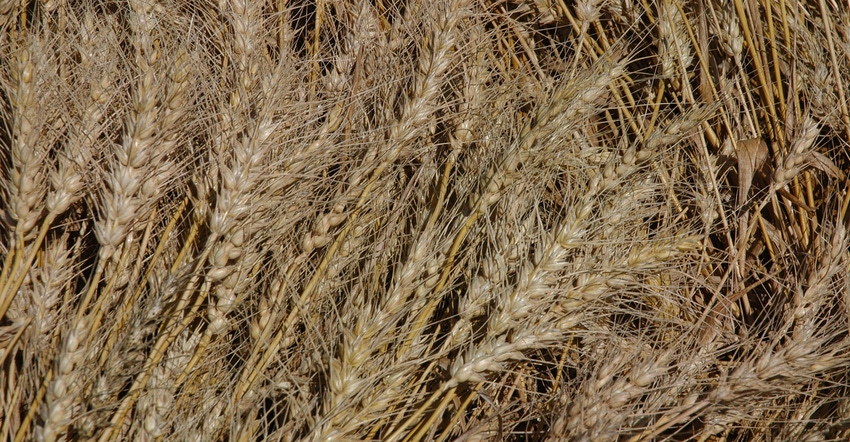July 26, 2017

By Darcy Pawlik
With the current pace of innovation in wheat breeding technology, hybrid wheat is close to becoming a reality.
The prospect of hybrid wheat on the horizon is exciting for everyone in the industry, and the method through which it is being developed is a natural way to provide hybridization in a crop.
Hybrid wheat is expected to offer more consistent performance year over year, with a greater potential return on investment. It will also introduce new characteristics for better performance, including increased plant vigor and productivity for better yield potential. An increased size in root biomass should allow for better water uptake, and faster formation of leaves can result in better photosynthetic capacity. Increased yields will certainly be a win, but overall improvements in performance and more efficiency with inputs will also make hybrid wheat more sustainable overall.
The introduction of hybrid wheat to the market is expected to benefit everyone involved in the value chain. Growers will be able to rely on a new level of yield performance, with more consistent yields across geographies and years. Processors will be able to rely on a consistent supply of domestic wheat, which ensures continued access to good milling-quality wheat. Consumers will have access to sustainably produced wheat.
As the demand for wheat increases worldwide, the seeds of the future must begin with technological innovation. Continued investments from institutions and continued advancements in the wheat industry are making the crop more efficient and profitable for wheat growers. That puts meeting the demand for wheat production within reach and allows growers to feed a growing population.
Pawlik is a Syngenta Cereals product marketing manager
Keys to successful wheat breeding
What helps make a wheat breeding program successful? Processes that are key to advancing wheat varieties today include:
• Local focus. It produces varieties tailored to the unique conditions growers face in their regions.
• Germplasm. Having more germplasm to source from allows breeders to create more unique varieties.
• Marker-assisted selection. Plant breeders have the ability to select specific genes and study them throughout the breeding process.
• Native trait stacks. Plant breeders can optimize gene combinations to select the best genes for specific performance.
• Doubled haploid technology. Being able to double chromosomes of either female or male gamete in one generation reduces the variety development cycle from 10 to 12 years to six to seven years.
— Darcy Pawlik
You May Also Like




